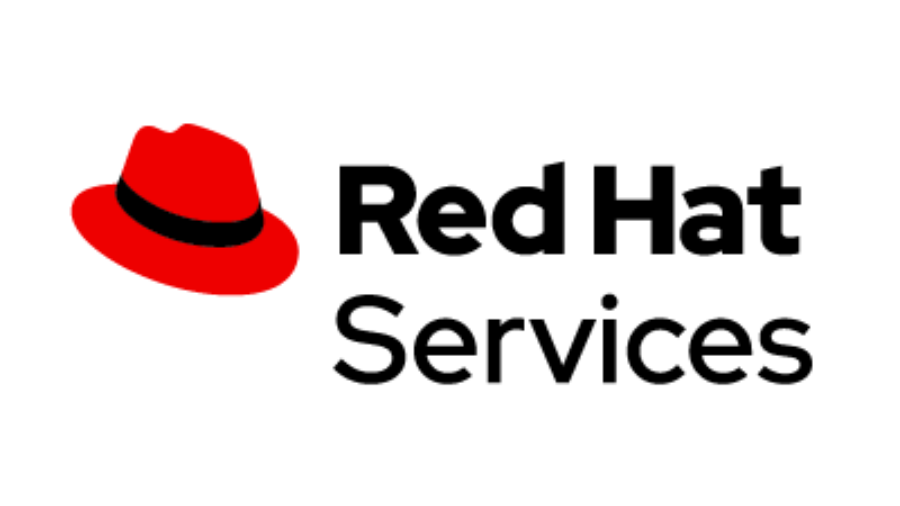
RHEL Certification (Red Hat Enterprise Linux)
RHEL Certification refers to the official certification provided by Red Hat for individuals who demonstrate their expertise in managing and administering Red Hat Enterprise Linux (RHEL) systems. It validates the skills required to effectively deploy and manage RHEL servers in enterprise environments. There are different levels of certification, such as RHCSA (Red Hat Certified System Administrator) and RHCE (Red Hat Certified Engineer), which cover various aspects of RHEL administration.
NIS (Network Information Service)
NIS, also known as Yellow Pages, is a distributed directory service used in Unix-like systems for centralized management of user accounts, groups, and other network information. NIS allows administrators to store user and group information on a central NIS server, which can then be accessed by client systems. It simplifies user management across multiple systems by providing a single source of authentication and authorization.
NFS (Network File System)
NFS is a protocol that allows remote file systems to be mounted over a network. It enables file sharing between systems, where a server exports certain directories and makes them available to client systems. NFS provides a transparent and efficient way to access remote files as if they were local. It is commonly used in Linux environments for sharing files and directories between servers and clients.
FTP (File Transfer Protocol)
FTP is a standard network protocol used for transferring files between a client and a server over a TCP/IP network. It provides a simple and reliable method for file transfer, allowing users to upload, download, and manage files on remote servers. FTP servers can be set up to enable anonymous access or require authentication for secure file transfers.
SAMBA
SAMBA is an open-source software suite that enables interoperability between Linux/Unix servers and Windows-based clients. It implements the SMB/CIFS protocol, allowing Linux servers to act as file and print servers for Windows systems. SAMBA provides seamless integration between Linux and Windows environments, enabling file sharing, printer sharing, and authentication across heterogeneous networks.
iptables
iptables is a user-space utility in Linux that allows administrators to configure the netfilter firewall, which is built into the Linux kernel. It provides a powerful framework for filtering network traffic, performing network address translation (NAT), and implementing packet manipulation. iptables is commonly used for securing Linux servers by defining rules to control incoming and outgoing network connections.
DNS (Domain Name System)
DNS is a distributed system that translates domain names (e.g., www.example.com) into IP addresses (e.g., 192.0.2.1). It acts as the internet’s phonebook, enabling users to access websites and services using human-readable domain names. DNS administration involves managing DNS servers, configuring zones, adding/modifying DNS records, and ensuring the proper resolution of domain names.
DHCP (Dynamic Host Configuration Protocol)
DHCP is a network protocol used to automatically assign IP addresses, along with other network configuration parameters, to devices on a network. DHCP administration involves configuring and managing DHCP servers to provide IP address allocation, lease management, and network settings distribution to client devices. It simplifies network administration by dynamically assigning IP addresses instead of requiring manual configuration on each device.
These topics cover various aspects of Linux server administration and are essential for managing and maintaining Linux systems in enterprise environments.
